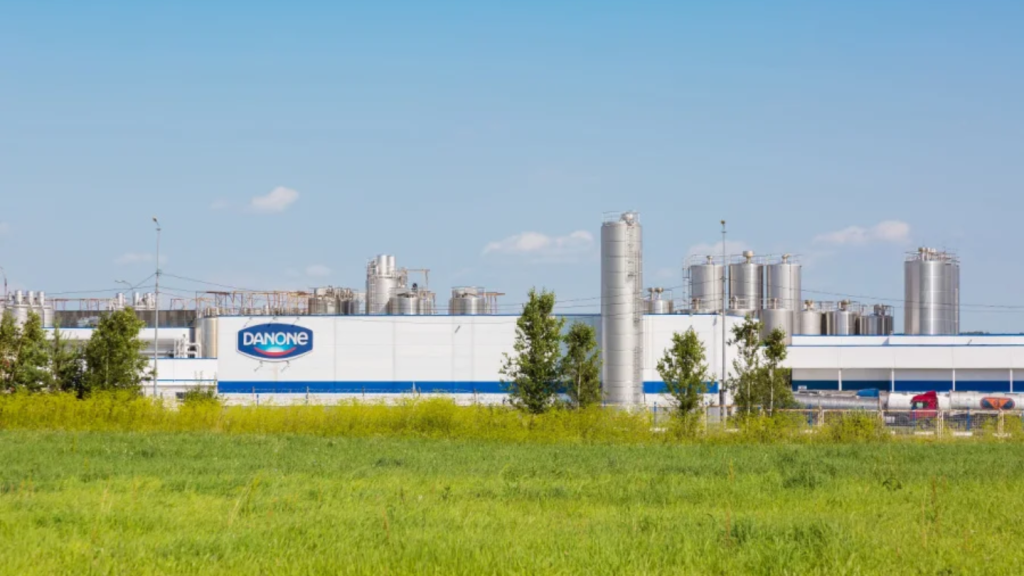President Vladimir Putin has reportedly removed Danone’s Russian business from temporary state administration, amid rumours of a sale.
The move to halt the seizure of Danone’s Russian business, as reported by Reuters and Russian news agency Interfax, comes just one month after reports the company giant would sell off its operations to a Russian dairy business.
In February, the Activia maker was said to be set to sell its business in the country to Russian cheese and butter maker Vamar Tatarstan for Rbs17.7bn ($191m), according to a letter viewed by The Financial Times.
The owner of Vamin Tatarstan, Mintimer Mingazov, agreed to pay Rbs10bn to Danone for its equity and Rbs7.7bn to go towards debt servicing.
Just Food contacted Danone for a reaction to the latest reports and it declined to comment.
Danone’s Russian operations were seized by the Kremlin last July, with the stakes of the company being put under the “temporary management” of Rosimushchestvo, the national government property agency.
The Kremlin appointed Chechnya’s minister for agriculture, Yakub Zakriev, to manage Danone’s Russian branch.
Vladimir Putin brought in new laws in April 2023 that allowed the government to seize assets from businesses that it considered “unfriendly”. Moscow took charge of the local operations of Danone and Danish brewer Carlsberg in July.
Later in the month, Danone asserted its legal ownership over the assets taken over by Russia. In a statement released by Danone in July, the Alpro producer stressed the majority of its affected assets centred on its Essential Dairy and Plant-Based (EDP) division.
At the time, the company said it would “deconsolidate” the assets, which would result in cash impairment charges of €200m ($216m).
In the French giant’s recent annual results call, Danone spoke about the overall cash impact of the deconsolidation of the EDP business in Russia.
Earnings per share grew 3.4% at €3.54 year-on-year, driven by an operational performance that was partially offset by the loss of business in Russia.
According to CFO Juergen Esser, the deconsolidation of the business had “zero cash impact”.









